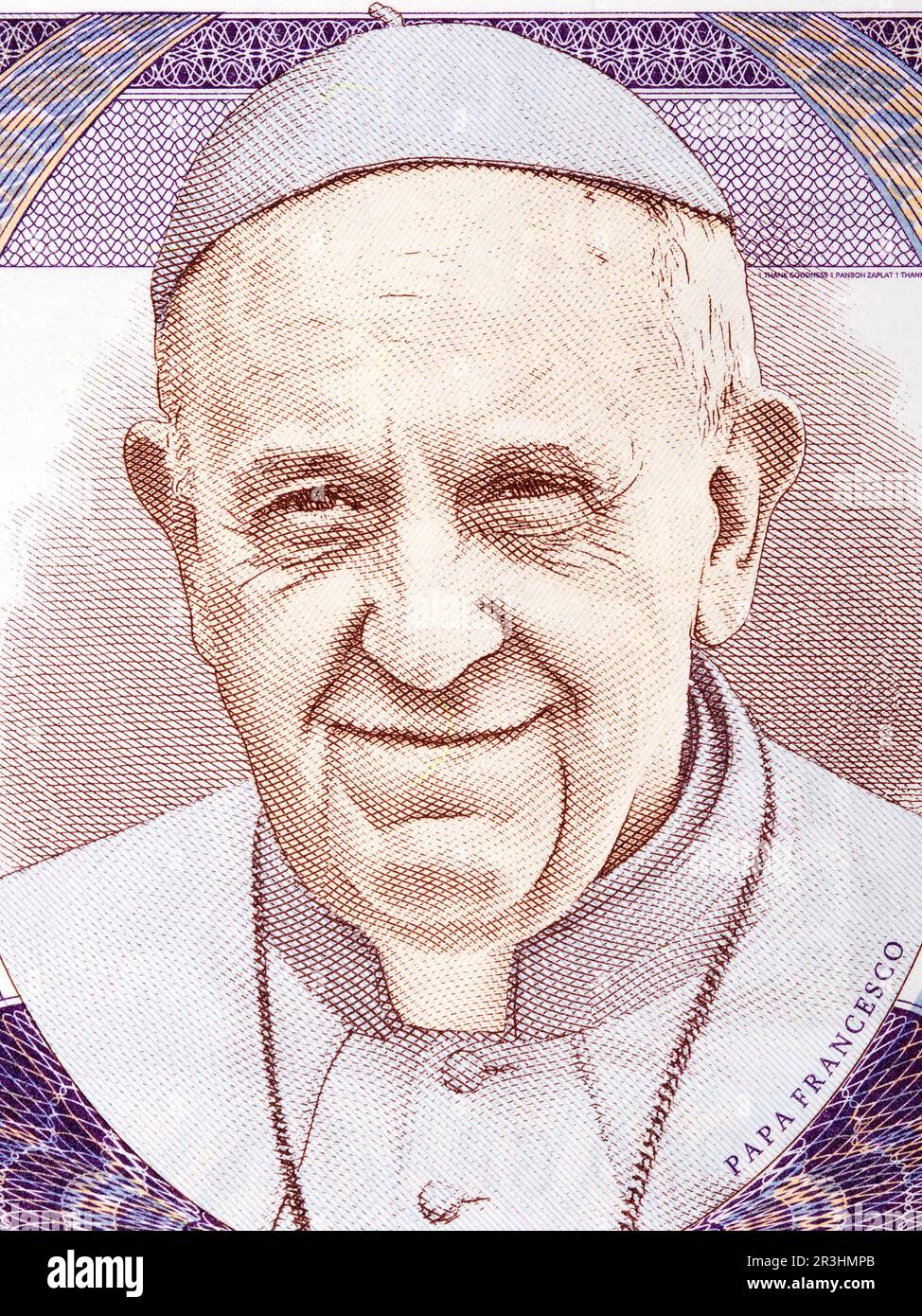Pope Francis, the 266th pope of the Roman Catholic Church, has captured global attention with his progressive views and compassionate messages. Since his election in 2013, he has been a beacon of hope and inclusivity, often encouraging dialogue across different cultures and religions. His teachings resonate deeply with people from all walks of life, emphasizing themes of humility, mercy, and social justice. This openness has led many to explore how his spiritual insights might connect with other practices, such as yoga.
Yoga, an ancient practice rooted in Hindu philosophy, has gained immense popularity worldwide for its physical, mental, and spiritual benefits. While it is primarily known as a form of exercise today, its deeper dimensions involve meditation, mindfulness, and self-awareness. Given Pope Francis's emphasis on inner peace and holistic well-being, exploring the intersection between his teachings and yoga offers intriguing possibilities. In this article, we delve into surprising insights and reflections that highlight the compatibility of these two worlds.
The Catholic Church has no official stance on yoga purely as an exercise. However, since yoga does have spiritual and religious components, some Catholics may feel uncertain about engaging in it. The Church encourages believers to approach any practice thoughtfully, ensuring it aligns with their faith principles. It’s important to recognize that while yoga originated within Hindu traditions, modern adaptations often focus more on physical health and stress reduction rather than religious devotion.
A common misconception exists that Pope Francis has dismissed yoga outright. In January 2015, during a homily, he warned against certain practices like yoga or Zen meditation if they are used as substitutes for authentic prayer. His concern was not about yoga itself but about how people might use it to avoid genuine spiritual engagement. Father Ken Doyle further clarifies this by explaining that the complexities surrounding yoga depend largely on individual intention and context. Thus, the controversy lies less in the practice itself and more in how it is applied within one's spiritual life.
Exploring Freedom Through Mindfulness
Pope Francis frequently speaks about the concept of freedom and how it relates to personal growth. In one reflection, he stated that having hard hearts restricts our ability to experience true freedom. Instead of focusing solely on external rules, he advocates for cultivating inner awareness and compassion. This message aligns closely with mindfulness practices found in yoga, which emphasize being present and open-hearted.
For many practitioners, yoga serves as a tool for breaking down barriers—both physical and emotional. By embracing postures (asanas) and breathwork (pranayama), individuals can develop greater flexibility not only in their bodies but also in their minds. Such flexibility mirrors Pope Francis's call to remain adaptable and responsive in the face of life's challenges.
In both Catholic teachings and yogic philosophy, there is a shared understanding that true liberation comes from letting go of attachments and ego-driven desires. Whether through prayer or meditation, the goal remains the same: to create space for divine love and wisdom to flow freely within us.
Understanding Vatican Perspectives on Yoga
Some critics argue that the Vatican opposes yoga due to its Eastern origins. Yet, a closer examination reveals nuances in official statements. For instance, a 1989 letter issued under Pope Benedict XVI addressed concerns about New Age practices without explicitly condemning yoga. Beth, a writer exploring this topic, notes that such documents aim to guide Catholics toward discernment rather than outright rejection.
It is essential to distinguish between cultural appropriation and respectful integration when considering yoga within Christian frameworks. Many Christians find value in incorporating elements of yoga into their daily routines, using them as aids for contemplation and relaxation. These practices do not necessarily conflict with core tenets of Christianity but instead complement them by fostering deeper connections with God.
Pope Francis himself exemplifies this balance by advocating for simplicity and authenticity in spirituality. He reminds us that rituals should never become empty gestures devoid of meaning. Similarly, practicing yoga mindfully ensures that it enhances rather than detracts from one's relationship with the Divine.
Hospital Walls and Universal Truths
In April 2025, an inspiring post from Ashtanga Yoga Charlottesville featured Pope Francis reflecting on human vulnerability during hospital stays. Drawing parallels between hospitals and sacred spaces, he observed that moments of pain often reveal profound truths about humanity. Here, the walls serve as witnesses to acts of kindness transcending societal divisions—whether racial, economic, or religious.
This perspective resonates deeply with yoga's principle of interconnectedness. Both traditions underscore the importance of recognizing our shared humanity despite apparent differences. When viewed through this lens, yoga becomes not just a physical discipline but a metaphorical journey toward unity and understanding.
Ultimately, Pope Francis invites us to embrace vulnerability as a path to transformation. Just as yoga teaches patience and resilience, so too does faith require perseverance amidst adversity. Together, these lessons remind us that strength arises not from isolation but from solidarity with others.
Bridging Worlds Through Inner Peace
Connecting Pope Francis's teachings with yoga offers valuable insights into achieving inner peace. Both emphasize the need for balance, humility, and service to others. Practitioners of yoga can draw inspiration from the Pope's vision of a compassionate world where every person feels valued and respected.
Similarly, Catholics exploring yoga might discover new ways to deepen their spiritual lives. By integrating mindful practices into their routines, they can enhance their capacity for prayer and reflection. Such syntheses demonstrate that diverse traditions can coexist harmoniously when approached with respect and intentionality.
In conclusion, the relationship between Pope Francis and yoga reflects broader conversations about interfaith dialogue and mutual learning. Rather than viewing differences as obstacles, we can celebrate them as opportunities for growth. As we continue navigating these intersections, let us remember the universal truth that unites us all: the pursuit of love, truth, and peace.

